What does a Blow Off Valve (BOV) do?
Today we talk about the basics of how a blow off and diverter valves work. We will talk about what the blow off valve (BOV) and diverter valve (DV) do, their purpose and what the differences are. This article is for anyone looking for a quick overview on the turbo system and how the blow off and diverter valves fit into it.
Okay, so before we go into blow-off valves and diverter valves, specifically on how they work. We want to give you a little bite of context of the overall turbo system how it works, and then give you an idea of how the blow-off valve and diverter valve fit into that.
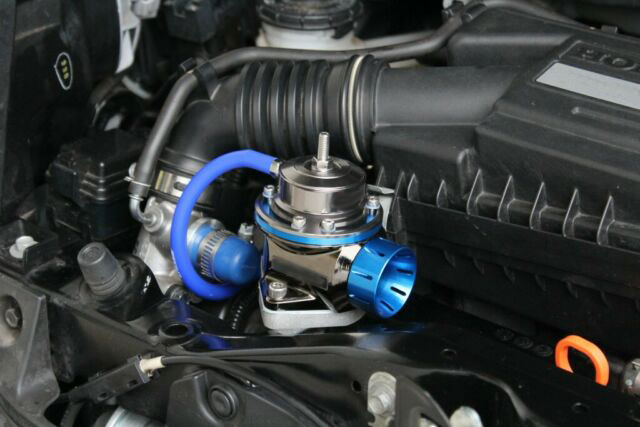
So, if we take a look here at this picture. This gives you a brief overview of the turbo system.
So, what happens is your air comes into the vehicle through the intake or the air filter, then goes into the turbo. It is compressed from there, and forced into the charge pipes, then goes to the inner core where the air is cooled down and run through a pipe.
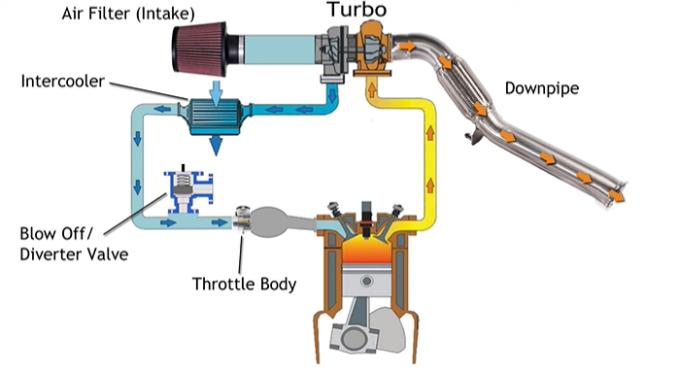
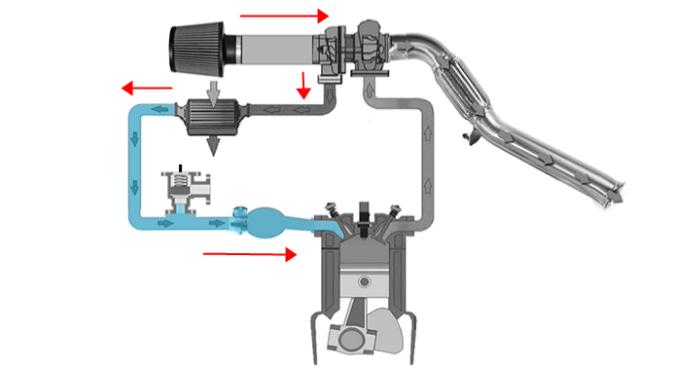
Another charge pipe to the throttle body that then goes in the intake manifold which inside the engine. The Air goes through the combustion process there. Then the exhaust comes out and runs through the exhaust manifold to the turbo. That goes then continues to spin the turbine and then goes out through the exhaust.
So, the basic function of the blow-off valve in that system exists for one reason. When you are hard on the throttle, and you hit boost pressure starts to build up in those Charge pipes. Once you snap that, throttle shut, and that charge has nowhere to go.
And basically, what happens is the pressure is built up, and you have air coming out of the turbo. That is intended to go to the engine and all that pressure still built up which is forcing its way back towards the turbo.
That causes what’s called compressor stall.
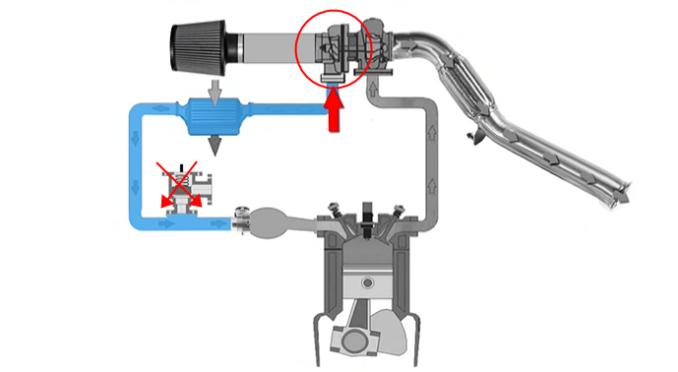
So, what we have to do is, then relieve that pressure to allow the turbo to continue to spin and freewheel, so when we do need it. It is available and so that is where the turbo diverted off coming to play. So, if we take a look here at this picture a diverter.
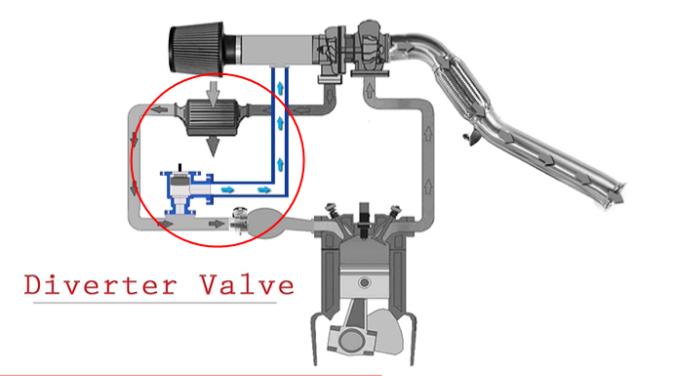
Well, if once you get the boost into the system, the valve and you close that throttle plate. The diverter valve will open which then allows the air to recirculate back around to the intake on the front side of the turbo. Now if we take look at the blow-off valve, the blow valve will do the same function except for instead of recirculating the air back into the intake. It is going to let it off into the atmosphere, which is where you hear that PSSHHH noise.
So, the question becomes obviously is it something that I should do. Do I need a blow-off valve or a diverter valve? Should I upgrade? That really depends on the situation, but here are my general thoughts for our general users who are VW and Audi specific.
According to personal opinion and experience, most vehicles that have mass airflow sensors have issues with blah valves and the reason why my understanding is that, when you have on metered air that is intended to be recirculating back into the system. The vehicles accounting for that air. Once you remove that air from recirculating back in the vehicle. It is now messing with air fuel mixture. A little bit based on what the vehicle was programmed to do which get throws things off and makes a little wacky. So do you need to upgrade your bluff alt or diverter valve. That is going to depend on your situation a lot of people do it.
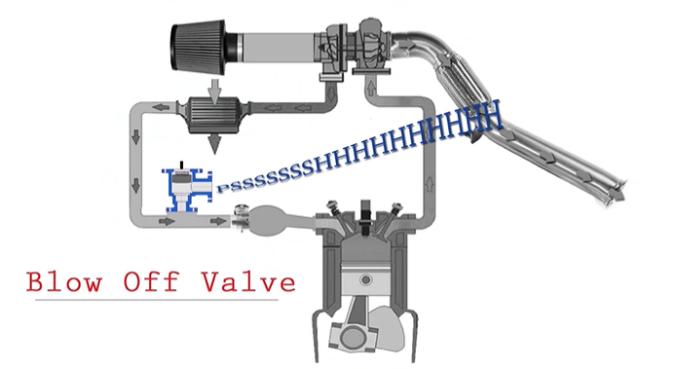
It does help you ensure a lot of the aftermarket, once are rated for a higher boost level. It really depends on what your purposes are. You may want to look into upgrading to ensure you are obviously holding all the boosts that you are working so hard to create. So, thank you for watching.